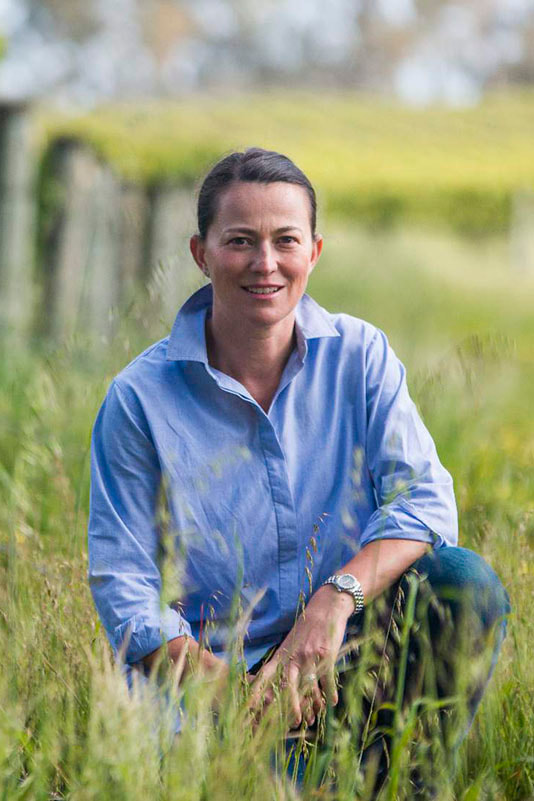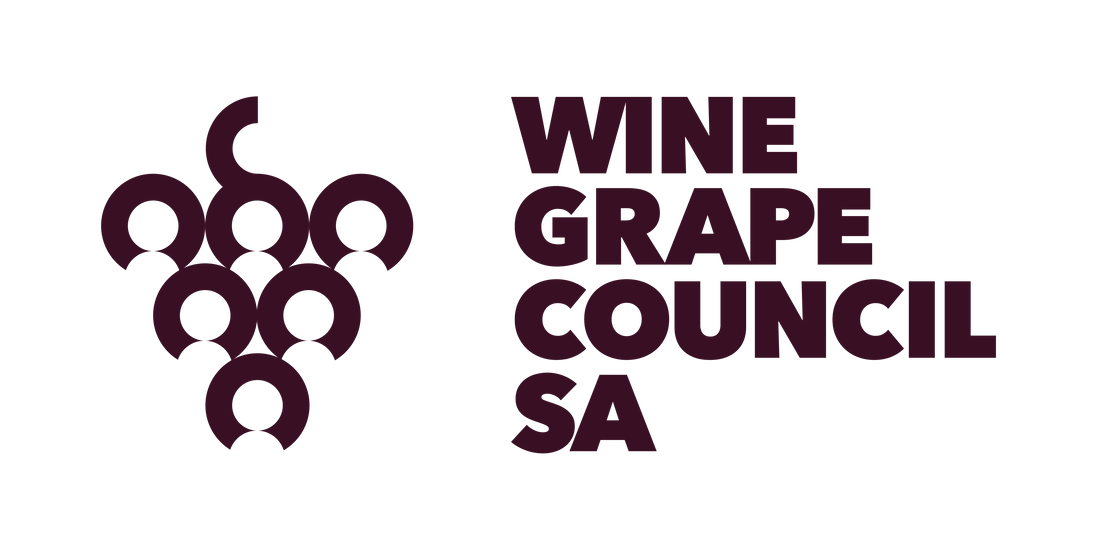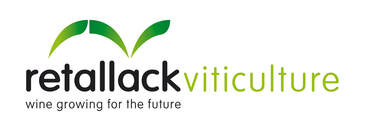Meet the EcoGrowers
Susie HarrisRegion: Wrattonbully
1. Tell us about your experience in grape growing?
My parents planted our vineyard in the 1990s. At this time I was at school and university and then following my dream to be a florist. My career as a florist took me to London for four years and I then trained florists in resorts in Mauritius and the Maldives. It was in these resorts that my passion for growing plants took hold. In the Maldives we had a lot of trouble getting fresh flowers to remote island resorts, so I set up an orchid nurseries in the resorts so that we had a ready supply of beautiful flowering plants. At this point my interest turned more towards growing plants rather than floristry and when I wasn’t at resorts I’d be home helping in the vineyard. After a while our vineyard became of most interest to me and I came home full time. I studied viticulture and worked with my father until I took over running the vineyard a few years ago. 2. What prompted you to want to be involved in the EcoVineyards project? I grew up on this property and our family has been here for 110 years. My father has continually planted trees here, mainly red gums and manna gums. I could see that for vineyard biodiversity and the overall health of our property, a planting regime of ‘understory’ plants would be a good addition to the work that my father has done. The EcoVineyards project was a perfect fit to help me with this. I’m also curious about under vine planting and alternatives to conventional weed control and was looking for help navigating research about options for this issue. 3. What do you hope to achieve from your involvement in the EcoVineyards project? I would like to come out of the project with some good insectary habitat in the headland areas of the vineyard. Through experimentation with a wide range of under vine planting, I would also like to come away with a good understanding of what could be planted under vine to get beneficial insect habitat within the vineyard – particularly in a manner that control weeds with no herbicide use and is cost effective and practical on a larger scale. 4. Have you tried to increase biodiversity on your property before undertaking this project? If so, how? In small ways, by being careful about the products we use in the vineyard, by releasing beneficial insects, by working on our permanent sword plantings. 5. Why do you think it is so important for growers to try and build natural resilience on their property? There is plenty of research to show that building natural resilience is good for the land and for plant health. I also want our land and vineyard to be in great condition for our kids and hope this is the norm for most grape growers. We also make wine under our Land of Tomorrow label and it is clear when speaking to consumers that they want to buy products that come from land that is well cared for. Not only can we respond to consumer feedback and create wine from well cared for land but also help the environment at the same time. 6. Looking to the future, what do you see as a new 'normal' for grape growers on their properties? I think that the new normal will be dictated by our customers and that there will be increasing demand for products grown sustainably. I think larger companies that we sell grapes to will also be asking us to adhere to organic principles. |
Project Partners
This project is supported by the Department of Agriculture and Water Resources, through funding from Australian Government's National Landcare Program.
This project is funded by the Adelaide and Mount Lofty Ranges Natural Resources Management Board through the NRM levy.
This project is funded by the Adelaide and Mount Lofty Ranges Natural Resources Management Board through the NRM levy.






